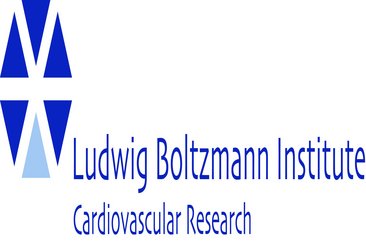
Role of Vasa Vasorum in Thoracic Aortic Disease: Pathophysiology and Therapeutic Opportunities
Julie A. Phillippi, PhD
Associate Professor | UPMC Pellegrini Chair in Cardiothoracic Surgery | Vice Chair for Cardiac Research and Director of Postdoctoral Research, Department of Cardiothoracic Surgery | Scientific Director- Cardiac Research Laboratory | Program Co-Director, T32 Cardiothoracic Surgery Research Training Program | University of Pittsburgh School of Medicine |
Organizer:
Ludwig Boltzmann Institute for Cardiovascular Research
Host:
Bruno Podesser
Abstract:
Dr. Phillippi leads an interdisciplinary research team of microvascular enthusiasts who study the vasa vasorum, a network of microvessels that nourish larger arteries and veins. The team’s main goal is to leverage new knowledge of the underlying matrix-mediated mechanisms governing vasa vasorum (dys)function to develop preventative and less invasive surgical treatments for patients affected by cardiovascular diseases. The Phillippi Cardiac Research Laboratory utilizes surgically obtained human tissue and blood to develop in vitro human disease models at the cell, tissue, and whole vessel levels. There is focused attention on the perivascular microenvironment of the adventitia, vasa vasorum-associated cells, and extracellular matrix (ECM) signaling. In this presentation for the Medical University of Vienna Center for Biomedical Research and Translational Surgery, Dr. Phillippi will discuss the involvement of vasa vasorum in cardiovascular disease and share her team’s progress in understanding microvascular remodeling and the influence of biochemical and biophysical ECM cues on vasa vasorum-associated cells. There will be a focus on observations from human aneurysmal specimens and the team’s approach to develop vascular ECM hydrogel biomaterials as in vitro disease models and therapeutics to gain a new understanding of human aortic disease from theperspective of the vasa vasorum.
